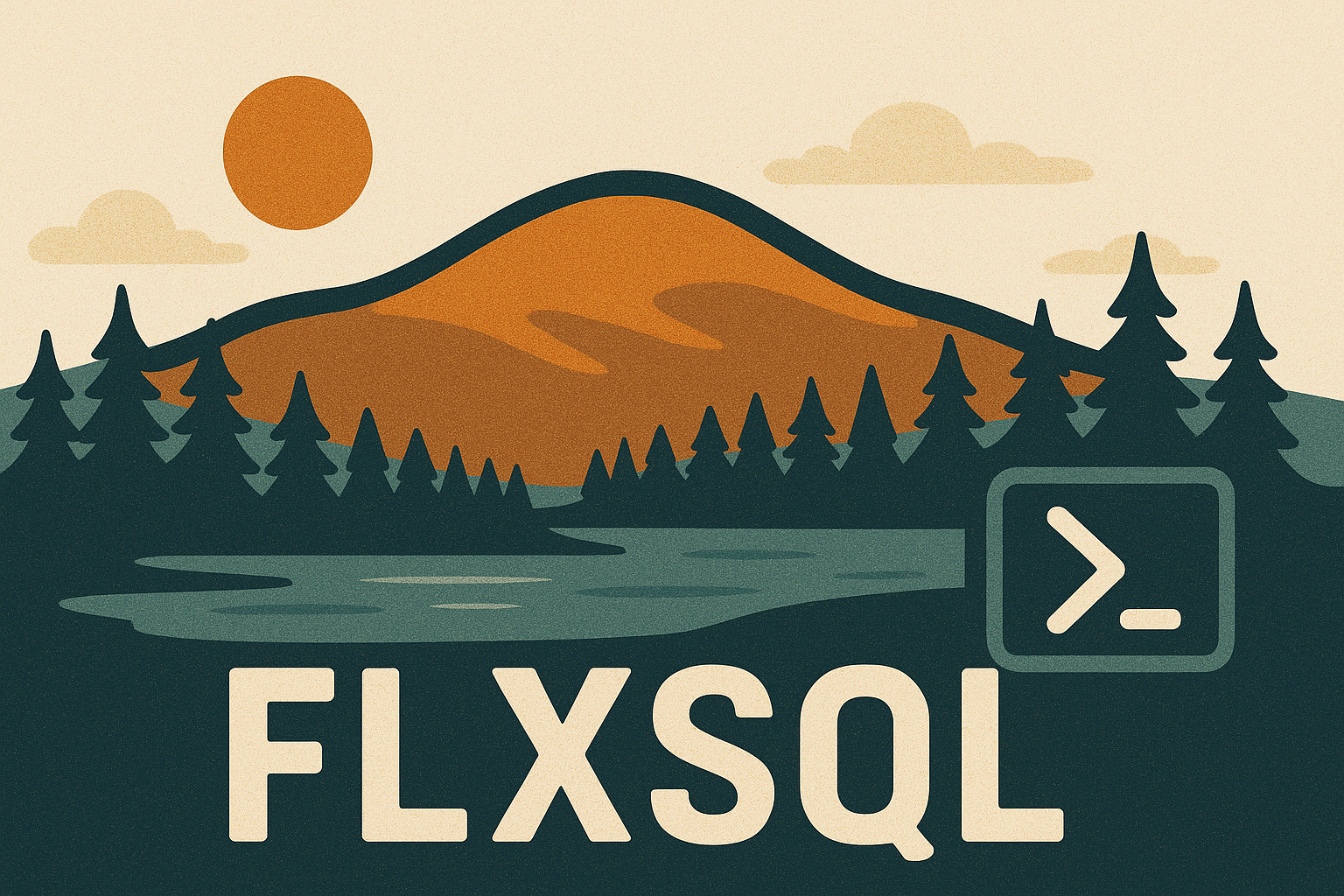Q&A: Dealing with Thousands of Databases (Part 3)
This is Part 3 in a three-part series. Please see Part 1 and Part 2 for more.
What does your average day look like?
I’m going to punt to my “A Day in the Life” series here.
When you started, did you know what your position was going to look like 1 month, 6 months, 1 year, 5 years from then? How accurate has that been so far?
I’ve only been at my current job for about 2 1/2 years, but I can speak to the shorter intervals. I’m going to be intentionally vague in spots here as I don’t want to disclose too much.

